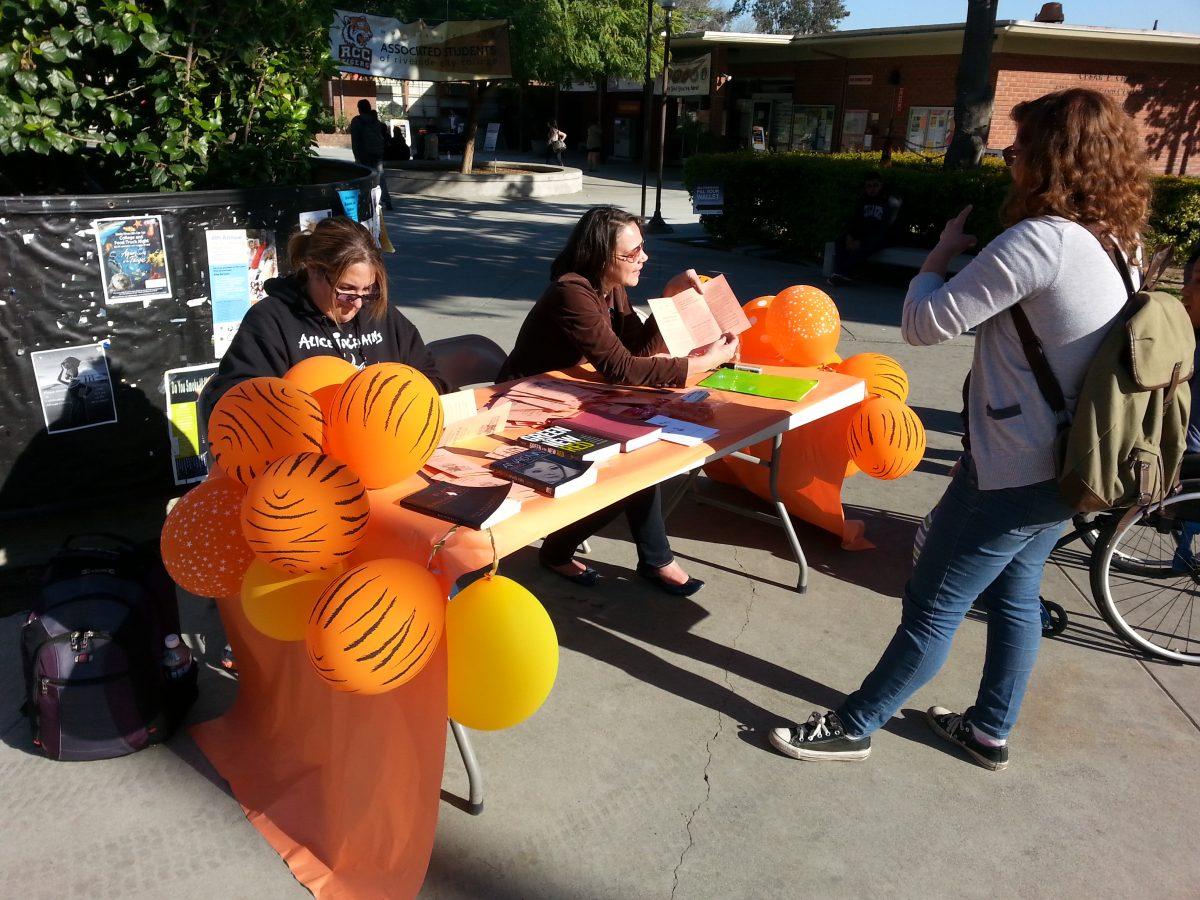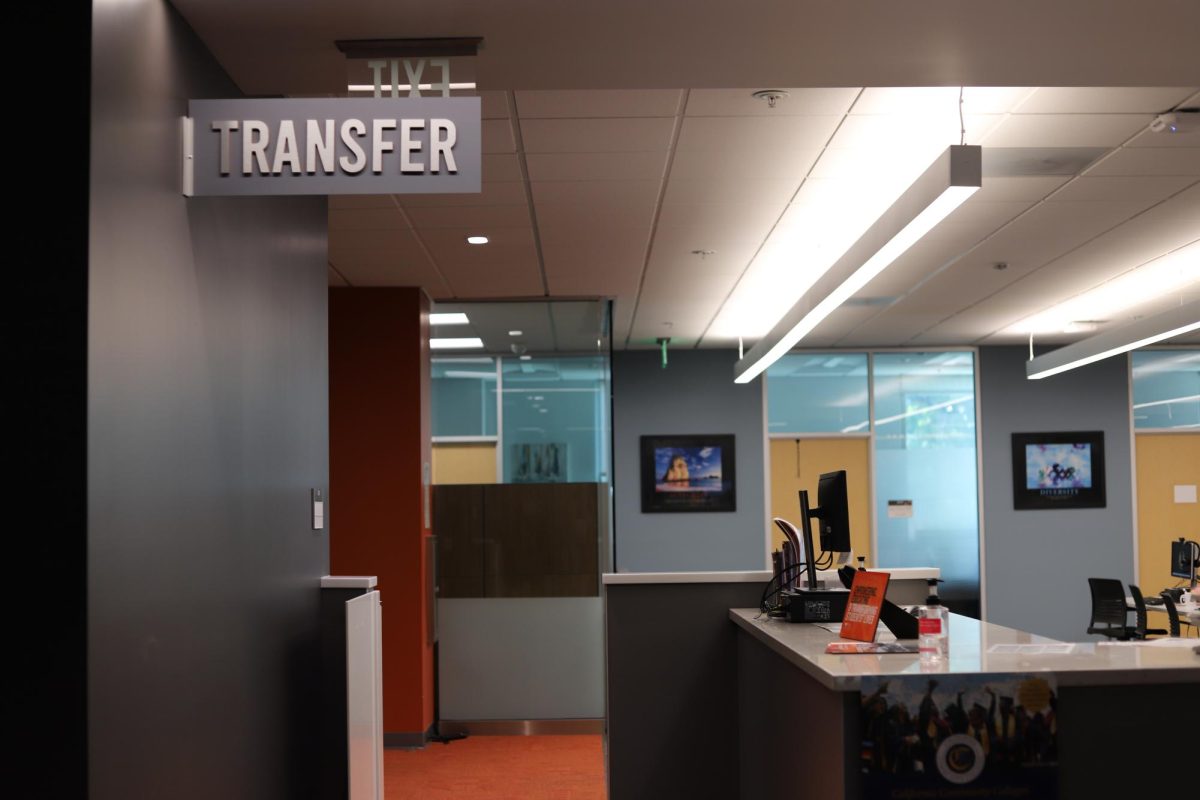Published: March 12, 2015 | Posted: March 18, 2015 | Written by Jacob Filek
National Adjunct Walkout and Awareness Day, a day for adjunct professors to stand together for equal treatment took place Feb. 25.
Most people may not know what an adjunct professor is, but chances are that many students may have had one already. An adjunct professor is a part-time professor that works semester to semester with no guarantee of continued employment, lower pay, no paid time off (including sick days), and no benefits. Originally these professors were hired on to fill the gaps in schedules or as guest lecturers from fields not covered by the college, but they are becoming commonplace at colleges and universities across America. According to the U.S. Department of Education, in 1969 18.5 percent of college professors were part-time, compared to 75.5 percent in 2011.
On average a tenured professor earns $70,000 to $140,000 annually, compared to an adjunct professor who makes between $20,000 to $25,000, which is at the federal poverty level according to the U.S. Department of Health and Human Services. In addition to that, adjunct professors work approximately the same amount of hours as full-time professors, with no office, and oftentimes work at multiple campuses. Most adjunct professors also have the same qualifications as their tenured counterparts, such as Masters degrees or Phds, which leaves them with tremendous student debts.
Adjunct Walkout and Awareness Day is not widely known, because adjunct professors are not legally allowed to strike, as stated in their employment contracts. Despite the risk, Jacquelyn Bang, an adjunct English instructor at Riverside City College decided to raise awareness by running a booth, handing out flyers and answering general questions on Adjunct Walkout and Awareness Day, even though she herself did not have a class to walk out on that day. According to Bang, there are two major obstacles to the walkout, “the first obstacle is that everyone operates like they’ll be the one to beat the system and end up with a full-time position, which the math doesn’t support, and the second, people who have this little job security are not surprisingly wary of risking what has been patched together.”
An adjunct professor may not be from one semester to the next, limiting the opportunity for students to be able to take the same professor again, or be able to get a letter of recommendation from that professor.
Even though these issues are directly affecting adjunct professors, it is the students that end up suffering the consequences. The Huffington Post stated institutions with large numbers of adjunct professors have significantly lower graduation rates. According to the National Center for Education Statistics, RCC’s overall graduation rates are approximately 25 percent.
Students that want to help can write a letter to the dean or president of the school, post about it on twitter or facebook, or participate in the next National Adjunct Walkout-Awareness Day next year.







